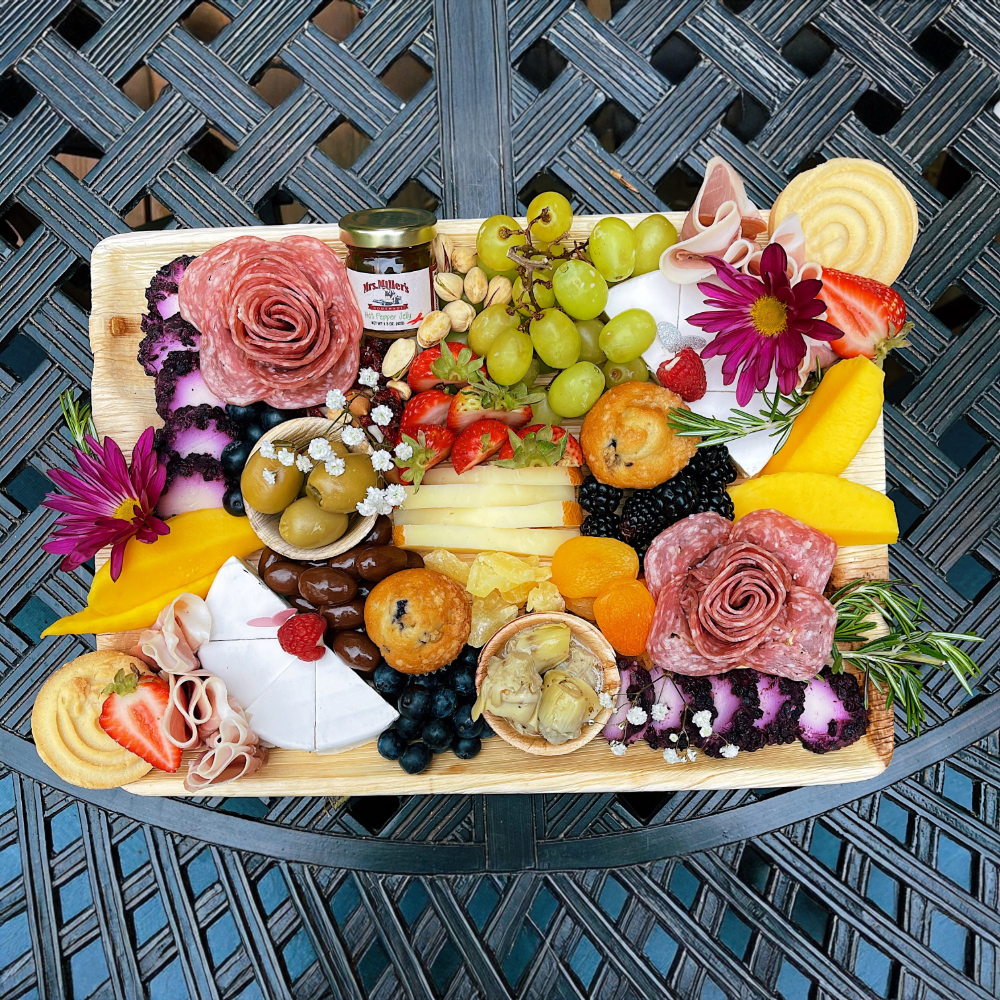
Frequently asked questions.
Here are answers to the most common questions global buyers ask about Elivai’s certified areca leaf tableware.
Product Information
Q1. What are areca leaf plates and how are they made?
Elivai areca plates are crafted from naturally fallen areca palm (Areca catechu) leaves. The leaves are collected, hydro-cleaned, heat-pressed at 200°C into shape, and UV-sanitized to ensure hygiene and safety — without any chemicals.
Q2. Are areca leaf plates safe for food use?
Yes. Our products are ISO, USDA, and EN13432 compliant. Each batch is UV-sanitized and sealed in hygienic packaging. For bulk orders, we provide custom lab reports from Eurofins, SGS, or Intertek to verify food-safety standards.
Q3. What types of areca leaf tableware does Elivai offer?
We supply a complete range: round and square plates, bowls, compartment trays, serving platters, and cutlery. We also offer private label packaging and custom designs.
Q4. Is areca leaf tableware safe for hot food and liquids?
Yes. Elivai plates withstand heat up to 200°C and remain sturdy with oily, greasy, or liquid-based foods — unlike paper or bagasse alternatives.
Q5. What sizes and shapes of areca leaf tableware are available?
We offer a variety of sizes, shapes, and compartments to suit events, restaurants, and catering needs. Custom sizing can be developed for bulk orders.
Q6. Is areca leaf tableware durable and suitable for events?
Yes. Elivai products are strong, lightweight, and elegant, making them perfect for events, catering, QSR chains, and HORECA operations.
Q7. How long does areca leaf tableware take to biodegrade compared to plastic alternatives?
Unlike plastic, which takes hundreds of years, areca leaf products naturally biodegrade in 2–3 months, leaving no toxins behind.
Q8. How does areca leaf tableware compare to bamboo, paper, or bagasse alternatives?
Areca vs Paper/Bagasse: Areca is sturdier and does not get soggy with hot/oily foods.
Areca vs Bamboo: Bamboo requires industrial processing; areca is natural and chemical-free.
Areca vs Plastic: Areca is biodegradable and compostable, plastic is not.
Sustainability and Sourcing
Q9. How sustainable are Elivai’s areca leaf products?
Our products are made from naturally fallen leaves — no trees are cut. Production is zero-waste, with scraps repurposed as animal fodder.
Q10. What makes areca leaf tableware better than plastic or paper disposables?
It’s sturdier, safer, and biodegradable. Elivai plates withstand hot, oily foods without leaks and carry a premium, natural look that impresses customers.
Q11. Does Elivai have certifications for eco-friendly claims?
Yes. Our manufacturing partners comply with ISO, USDA, EN13432. For bulk buyers, we provide batch-specific lab reports from top global labs.
Q12. What makes Elivai’s sourcing unique?
We are the only exporter providing both South Indian (Mangala, Sumangala, South Kanara Local) and East Indian (Mohitnagar, Sree Mangala, Hirehalli Dwarf) leaf varieties. This ensures diversity, bulk availability, and faster fulfillment.
Q13. What is the carbon footprint of areca tableware production and shipping?
Areca leaf tableware has a very low carbon footprint since it uses naturally fallen leaves and minimal processing. We also use weather-sealed packaging to protect shipments during global logistics without excess plastic.
Q14. How does switching to areca tableware help businesses meet sustainability goals?
It reduces single-use plastic dependency, meets ESG and green procurement standards, and enhances your brand’s eco-friendly reputation with end customers.
Q15. Which industries and businesses are best suited for areca leaf tableware?
Our main buyers are HORECA chains, QSRs, wholesalers, catering companies, event planners, and eco-conscious distributors.
Q16. How do customers and consumers typically respond to areca tableware?
End-users love the natural, premium feel and the fact that it’s eco-friendly and chemical-free. Businesses report improved customer satisfaction and brand image.
Ordering and Export
Q17. What is the minimum order quantity (MOQ)?
MOQ is 500 pieces per type, but we specialize in handling large-volume orders with short lead times thanks to our diverse sourcing.
Q18. What payment terms does Elivai accept?
We accept LC (sight, usance, confirmed), TT, and net terms for repeat customers. All transactions are backed by globally trusted banks.
Q19. How does shipping and delivery work?
We ship worldwide and can arrange competitive freight rates to your nearest port. Orders are packed in weather-sealed cartons to maintain hygiene and quality during transit.
Q20. What certifications or tests are needed for exporting to my country?
We provide all export documentation including Certificate of Origin, Packing List, Invoice, and custom lab test reports (Eurofins/SGS/Intertek) to meet importing country standards.
Q21. How long does production and shipping take for large orders?
Lead time depends on order size, but thanks to our multi-region sourcing, we can fulfill bulk orders faster than competitors. Shipping timelines vary by destination.
Business and Customization
Q22. Can Elivai customize areca leaf tableware for my brand?
Yes. We offer private label, custom branding, and eco-friendly packaging to align with your business identity.
Q23. How can I request a sample or pilot order?
Simply contact us via website, email, or LinkedIn. We provide free samples for qualified bulk buyers and ship within a short timeframe.
Q24. What are the benefits of partnering with Elivai for large-volume orders?
Consistent quality and traceability
Dual sourcing ensures steady supply
Batch testing and certifications for trust
Flexible trade terms
Dedicated relationship manager for seamless communication
Q25. How do you ensure consistent quality across large-volume orders?
We enforce strict supplier compliance with our standards, conduct UV sanitation in-house, apply lot-based QC checks, and provide third-party test reports for transparency.
Q26. What ongoing support do you provide to business customers?
Every buyer has a dedicated relationship manager for pricing, logistics, shipment updates, and after-sales support — ensuring smooth global trade relationships.